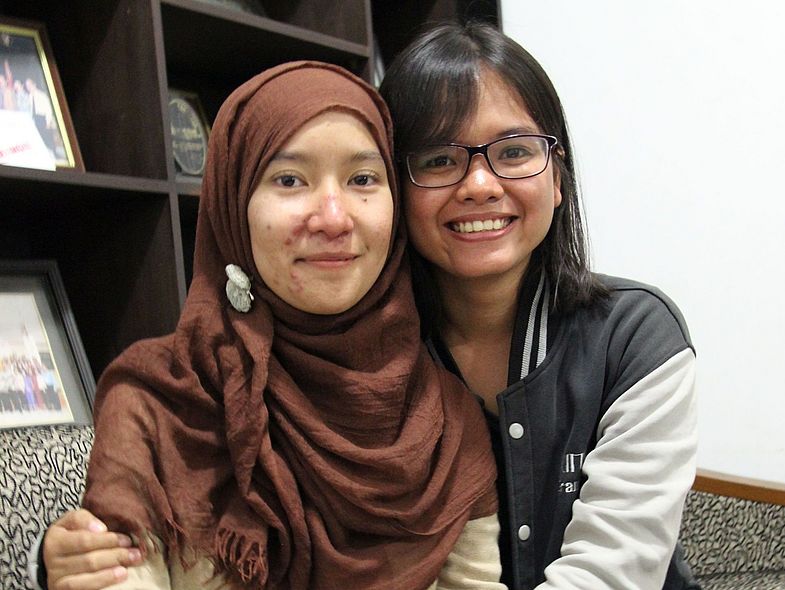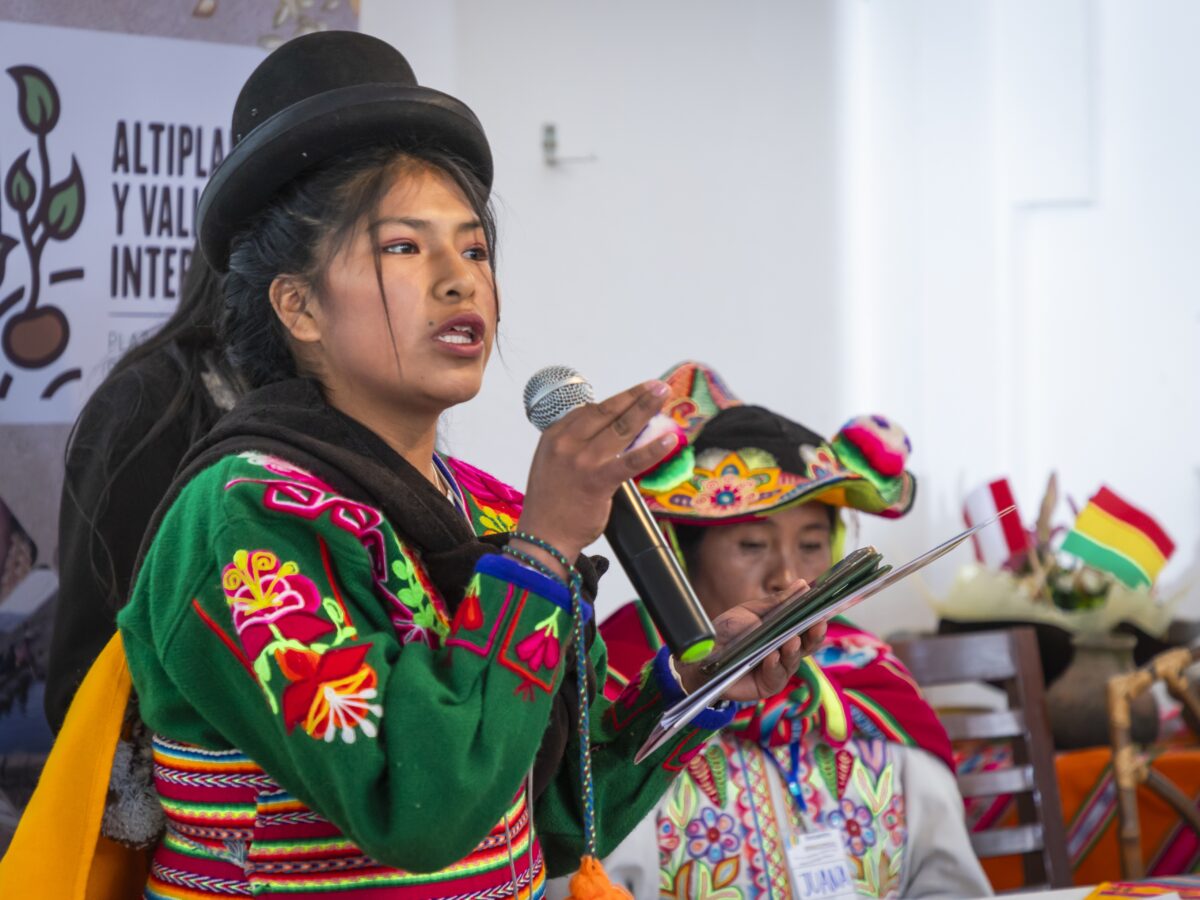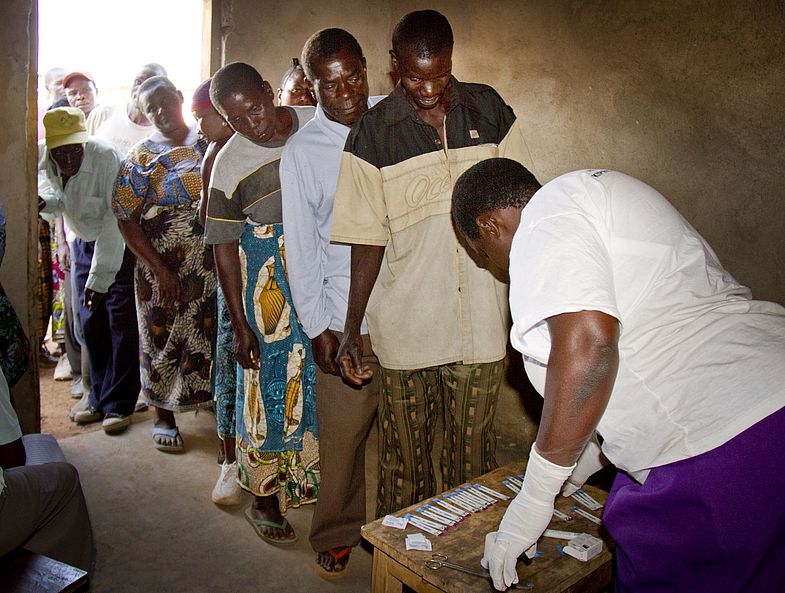"My father forbade me to have any contact with Muslims," says Fransisca, a Christian. She was taught by her parents to stay away from people of other faiths. Fransisca grew up in the city of Medan in Sumatra, she belongs to the Batak ethnic group and her parents are members of a church that is mainly influenced by members of the Batak ethnic group. From an early age, Fransisca attended only schools run by her church or church organizations; her father did not tolerate public educational institutions. Eva, a Muslim from the city of Bandung in West Java, also tells a story of segregation. She never wore a hijab during her time at middle school. Back then, she says, the religious climate was moderate - "today it's much stricter. Hijab and long skirts are mandatory for Muslim schoolgirls."
Book racia and insulation
As a teenager, her parents sent her to an Islamic boarding school for girls. "Even books from outside were forbidden," Eva says. The boarding school administration regularly conducted book raids and also looked for cell phones and CD players - "that's how they wanted to keep us students away from outside ideas." Eva's thirst for knowledge was great: "Instead of enjoying ourselves outside, we usually spent our free days in the Internet café reading, watching movies, and soaking up the outside world." Like Eva and Fransisca, many young people grow up in Indonesia. Ethnic and religious groups often live in isolation, and prejudice against the "others" is great. There are repeated terrorist attacks in the country, and religious fundamentalism is gaining strength. Intolerant ideas are deliberately sown and spread by radical groups in schools and universities.
Peace through encounter
Because of this dangerous development, work with young adults is particularly important. That is why Mission 21, together with its partners, is working for religious peace, focusing on young target groups. Eva and Fransisca both visited the "Interfaith Youth Camp" (IYC) in Bandung. This camp is held once a year by Mission 21's partner church, the Pasudan Church (GKP), in collaboration with the Jakatarub organization. It brings together young adults of different denominations and religions. For the young women, the interfaith camp was eye-opening: "There I was able to overcome my prejudices and fears about people of other faiths," says Fransisca. And Eva adds, "Today I no longer judge people by their religion, but by their actions." Eva belongs to the Indonesian majority religion with Islam. She says, "At the camp, I met new people and can better empathize with people who are discriminated against because of their origin or religion." Fransisca also learned a lot about different forms of discrimination and about faiths she was previously unfamiliar with: "The exchange awakened my curiosity about the rituals and traditions of religious minorities, such as the Bahai," she says.
Friendship across borders
Since the camp, Fransisca and Eva have been best friends. "Our friendship is so close that we almost always spend the night together," says Fransisca, "once we got over our initial qualms, there were no boundaries between us. I immediately felt comfortable with her because of her personality." Today, Eva and Fransisca are committed to religious peace together. They both joined the "Interfaith Youth Camp" committee and help organize the camps: "The wonderful experience we had ourselves at the IYC, we want to give to as many other young people as possible!" They also carry out various activities with the interfaith network Jakatarub to raise public awareness of tolerance and open coexistence. These can be humorous video campaigns, for example, or sensational participatory actions in central city squares.
Overcoming social divides
Interfaith activism is not well received everywhere. The two young women often have to justify themselves in their environment: "My parents were against it at the beginning," says Fransisca, "and some of my old friends say: You can spend time with people of other religions as long as you don't go too far." But she and Eva are convinced: a peaceful Indonesia is possible if people overcome religious divides. Their special friendship is living proof that peace can grow.
Text: Mara Wirthlin







